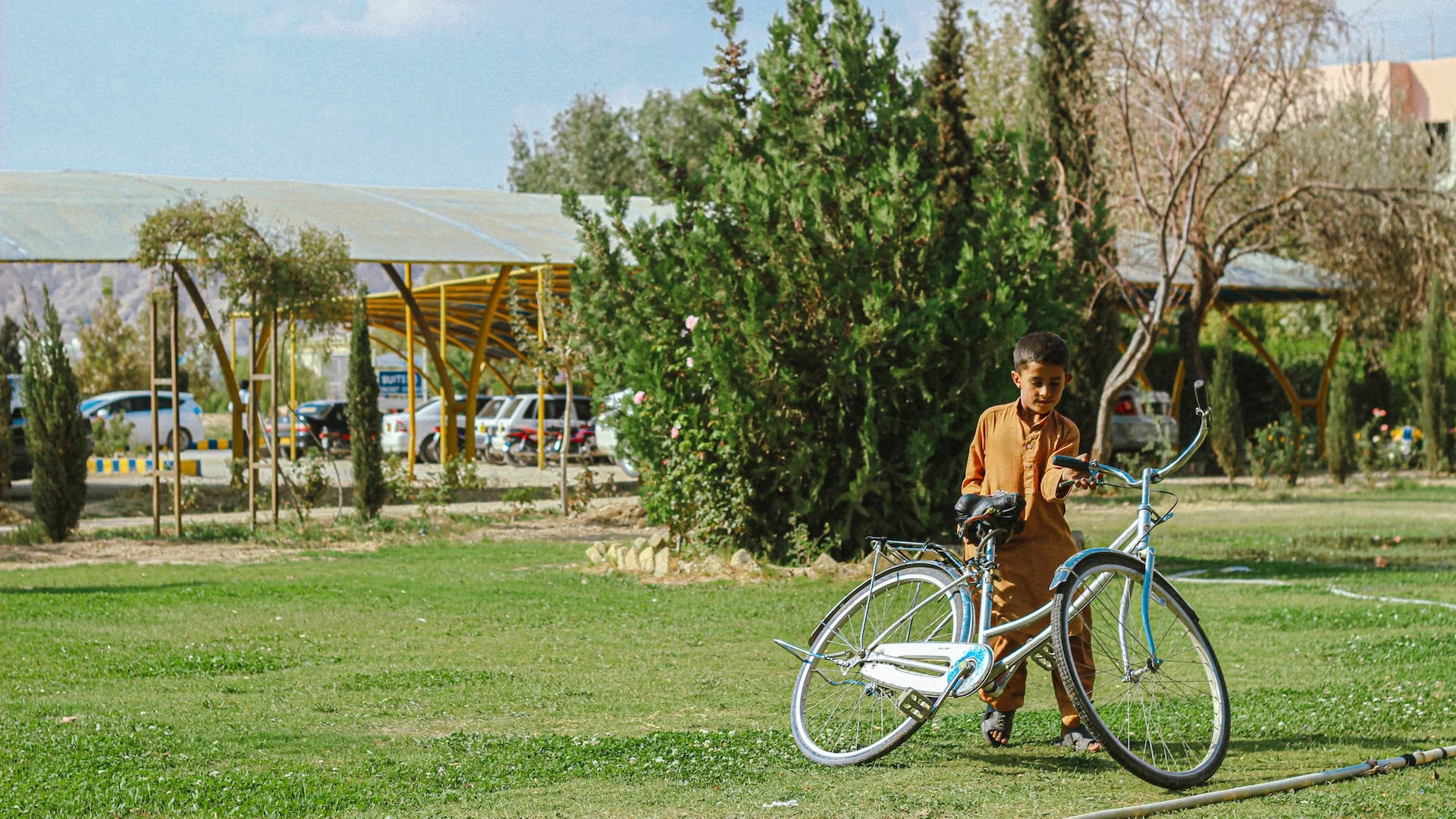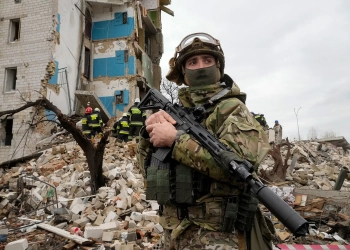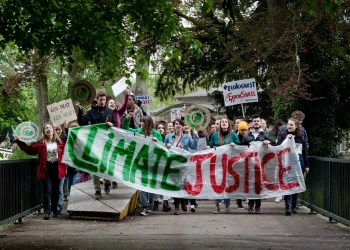On Sunday, the Bill & Melinda Gates Foundation said they would contribute $1.2 billion to the fight to eradicate polio.
The news comes from a significant pledging event co-hosted by Germany and the Global Polio Eradication Initiative (GPEI). GPEI has received over $5 billion in contributions from the foundation.
In just a few short decades ago, the poliovirus was responsible for the paralysis of tens of thousands of children each year in dozens of nations worldwide. Today, however, the virus is only endemic in Pakistan and Afghanistan.
According to the Gates Foundation, the organization aims to generate $4.8 billion for its 2022-2026 program and will raise more donations at a conference on October 18.

It will help eradicate wild polio in the two remaining countries—Pakistan and Afghanistan—where the virus is endemic and prevent new strains of the virus from arising. It comes just a few months after the state of New York reported its first vaccine-derived polio case in over a decade.
It is trying to strengthen national health systems so that countries will be better prepared to deal with future health risks.
So far this year, Pakistan has reported 20 polio cases, all in the northwestern Khyber Pakhtunkhwa province.
Afghanistan, which had two cases this year, previously lacked access to immunizations due to warfare and the Taliban’s prohibition on polio teams operating in areas under its control. However, just a few months after taking over Afghanistan, the Taliban decided to allow UN health workers to launch a nationwide campaign.
Pakistan has long faced attacks by Islamic terrorists on polio workers and the police who guard them, wrongly claiming that vaccinations are part of a Western plan to sterilize youngsters.
This year has been accompanied by enormous rains, which have destroyed road networks and health facilities, limited vaccination programs, and displaced populations.
Despite billions of dollars invested in the polio eradication effort since 1988 — the program costs around $1 billion each year — the World Health Organization and partners have missed multiple deadlines to eradicate the disease and have been repeatedly chastised for failing to adapt to problems.
In recent years, more polio cases have been related to the oral vaccination used in eradication efforts than the wild virus.
Numerous experts have also questioned whether more money is required to eliminate polio, pointing out that the project is already one of the best-funded in global public health, with few financing holes.
Although WHO and partners have reduced the incidence of polio by more than 99%, most of this success has occurred in the first ten years. The disease persists in Afghanistan and Pakistan, and there have been dozens of vaccine-triggered outbreaks in Africa and abroad in recent years, including in the United States and Israel.
An independent panel to assess the eradication effort’s status has repeatedly recognized severe vital mistakes committed by governments, WHO, and their donors, warning that their unwillingness to shift direction, among other concerns, may eventually allow polio to resurface.
The initiative to eradicate the disease is a public-private partnership led by a group of national governments. Participants in the coalition include the Gates Foundation, Rotary International, the World Health Organization, and the Centers for Disease Control and Prevention in the United States.














